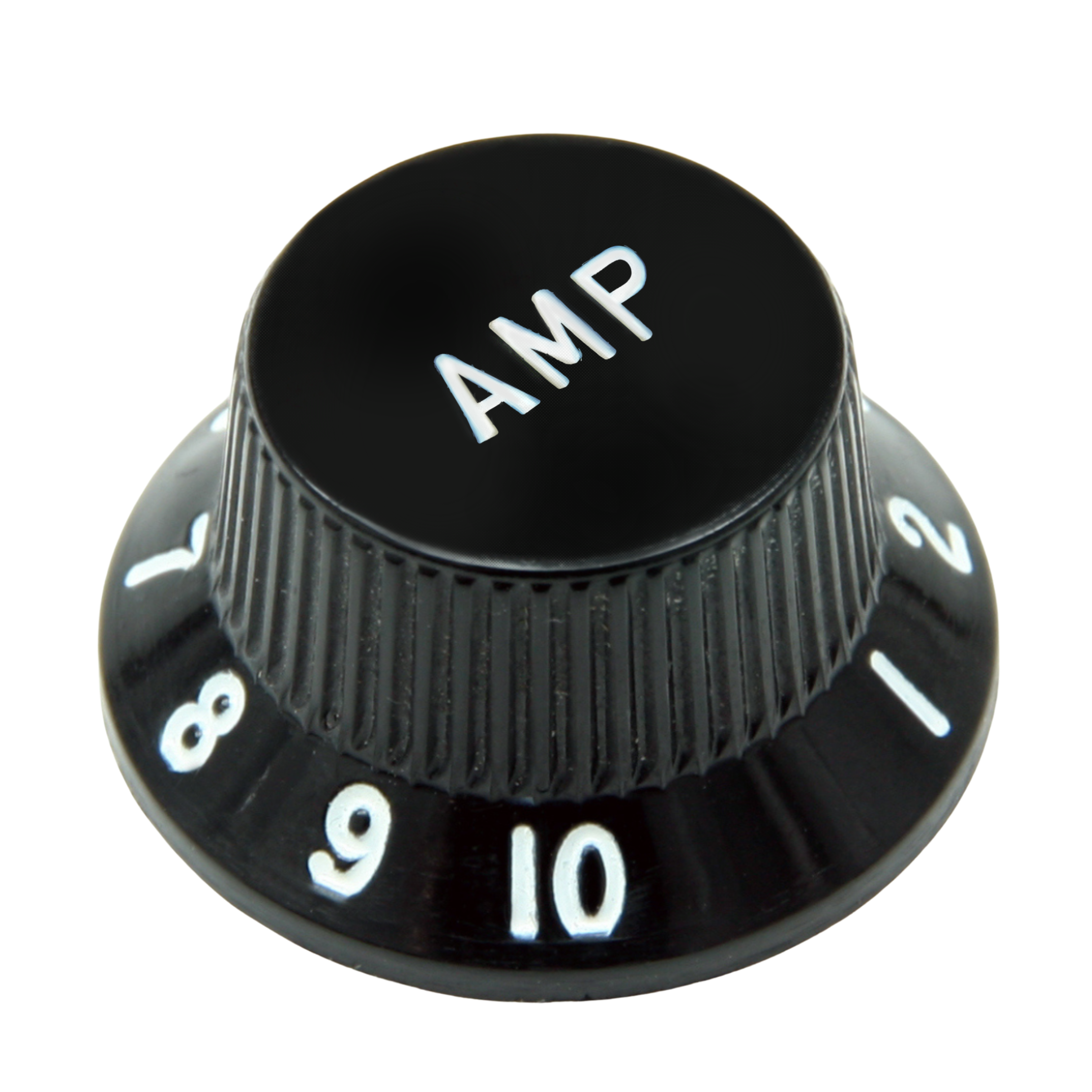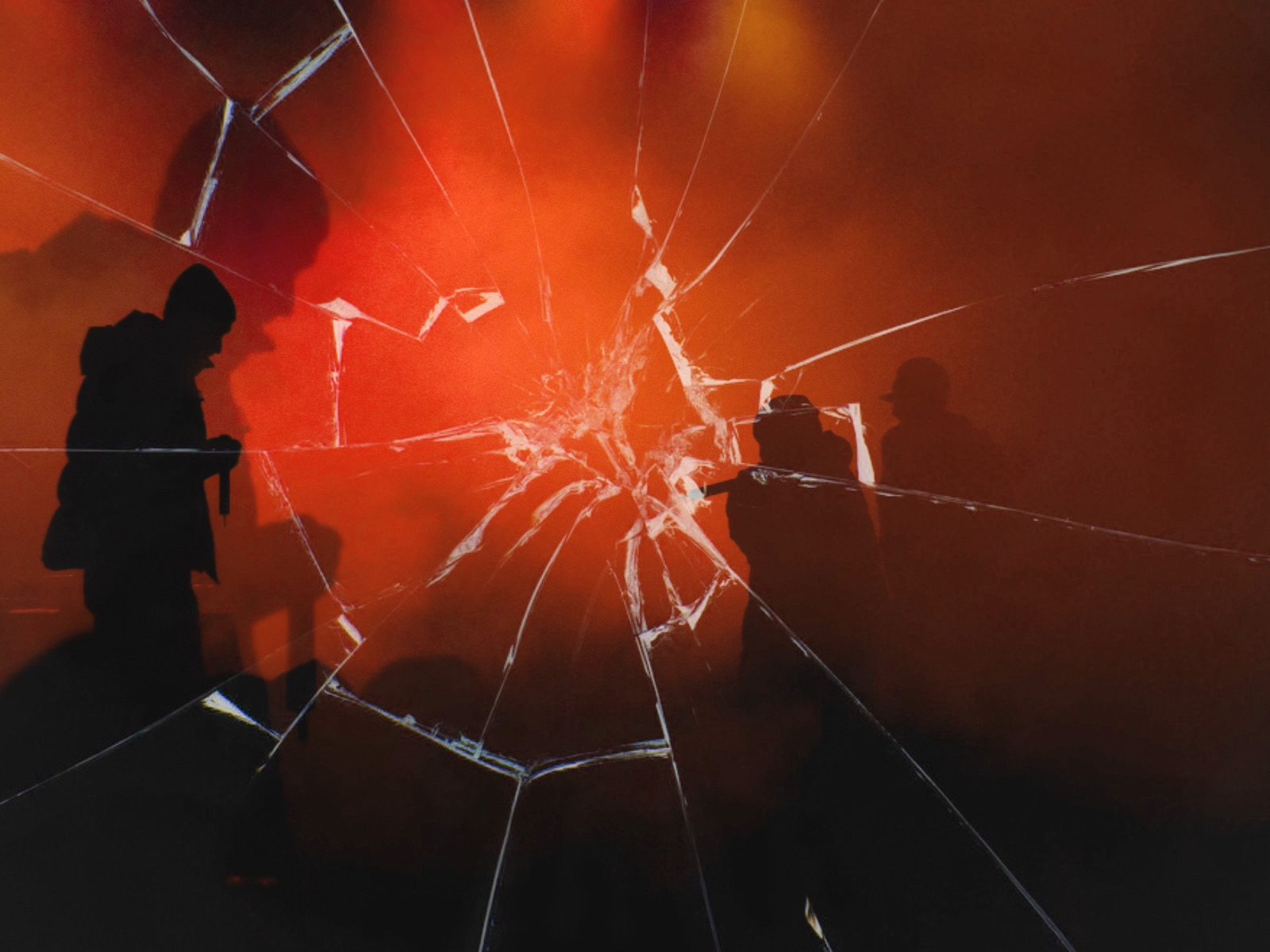In the present day rap scene, violence has become a mainstay. However, the community has ended up losing more than what they can gain.. literally.
Nipsey Hussle. Takeoff. Pop Smoke. XXXTentacion. King Von. PnB Rock.
All familiar names. All men who were taken from the world too early. And these are the more recognizable ones. Let’s not forget those who fly under the radar like Young Dolph or Drakeo The Ruler— budding stars who are simply victims of the tragic cycle of violence consuming the current state of hip-hop. To be fair, this issue should have been addressed decades ago when two of the game’s greatest icons, Tupac Shakur and the Notorious B.I.G, were both victims of petty rivalries that escalated to fatal drive-by shootings that shook the community to its core. Yet twenty years later, this problem persists, and it’s worse than ever. It seems like every other month we are just left to witness on Twitter or TMZ the reported death of another artist. We are forced to make sense of the slaying of another voice for the generation. We are given time to reflect upon a life, but not enough time to consider the implications of a death. At some point we must ask, when will this change?
To begin, we must look within. Turn on your radio and tune in to Hot 97, or go on to Spotify or Apple Music and just listen to the top trending hip-hop tracks today. Many clear allusions to violence. Gangs, guns, and murder just fly by our ears as we take in the catchy lyrics or the enchanting production, not realizing the underlying themes they embellish. I myself am guilty of the same. From blasting Yungeen Ace’s “Who I Smoke” in my bedroom at home while he casually namedrops deceased members of a rival gang or vibing at a party as Pooh Shiesty’s “Back in Blood” blares through speakers even as he threatens violence with ease, I could find myself blindly going along. Some call it blind ignorance, others call it harmless enjoyment, I call it desensitization. Violence doesn’t faze our generation as much as it should. Or perhaps, enough of us haven’t experienced what is rapped about to truly comprehend the gravity of these situations. It has become so prevalent that when another one of our generation’s artists dies, we spend a week mourning them only to simply move on to the next rapper on the chopping block. This is more than music. It’s more than album sales, global tours, or bolstering fame, this is about the lives desperately climbing their way onto a pedestal, only to be ripped down before they can truly stand tall.
Many are inclined to blame rappers’ lifestyles for their untimely demise. Many could point out King Von’s past indictments or Nipsey Hussle’s association with the Rollin’ 60s Crips but are quick to forget that this is what they were raised around. Growing up in a low-income, unhealthy, underdeveloped environment pushes many young men toward drug sales, gangs, and hatred for those on the basis of the colors they wear or the street they live on. The worst part is that this endless cycle is reaching younger age demographics. In my hometown of New York City, it’s not uncommon to find dead fourteen or fifteen-year-olds on the news who were swept up by a lifestyle romanticized by hip hop. Those who grew up enduring a life of violence may find themselves glamorizing these experiences through music, leading the youth down a path of pain and hardship. Even those who succeed in the face of such adversity still find themselves trapped in this vicious cycle. Nipsey Hussle is famed for using his platform to build his community, breaking free from the constraints of a gang-driven environment, but still perished in a hail of gunfire.
This does not mean the genre should be torn down as it stands. Hip-hop is a beautiful artistic creation that has been the voice for the struggles of the oppressed for generations. What this is about is saving the culture. The amount of death and violence hip-hop glorifies is rotting the genre from the inside out. It robs us of new musical content and rising talent and forces us to wonder who will be taken from us next. We can have posthumous projects or murals dedicated to our fallen idols, but when will enough be enough? When will the community stand together, both artist and consumer, to fight against what is ripping hip-hop apart? This isn’t a call for rappers to stop making music or for people to stop listening, but simply to understand what’s wrong and actively try to fix the problems that lie within this culture. If we truly value hip-hop as much as we act like we do, we should do everything we can to save the culture from itself. We don’t need more angels tragically departing from our world, we need more heroes willing to change it for the better.

